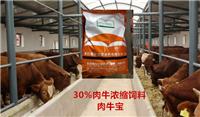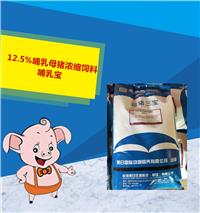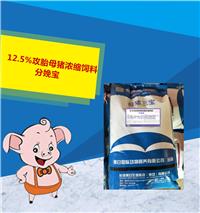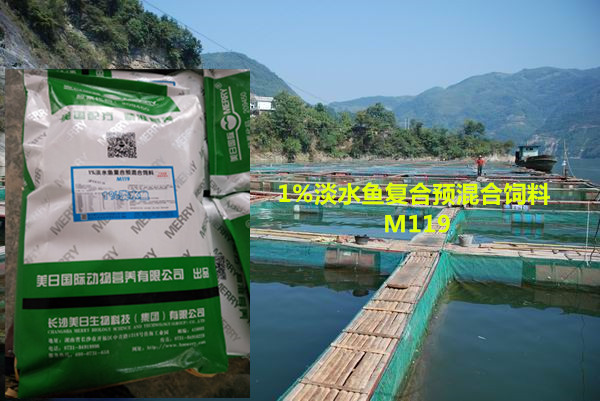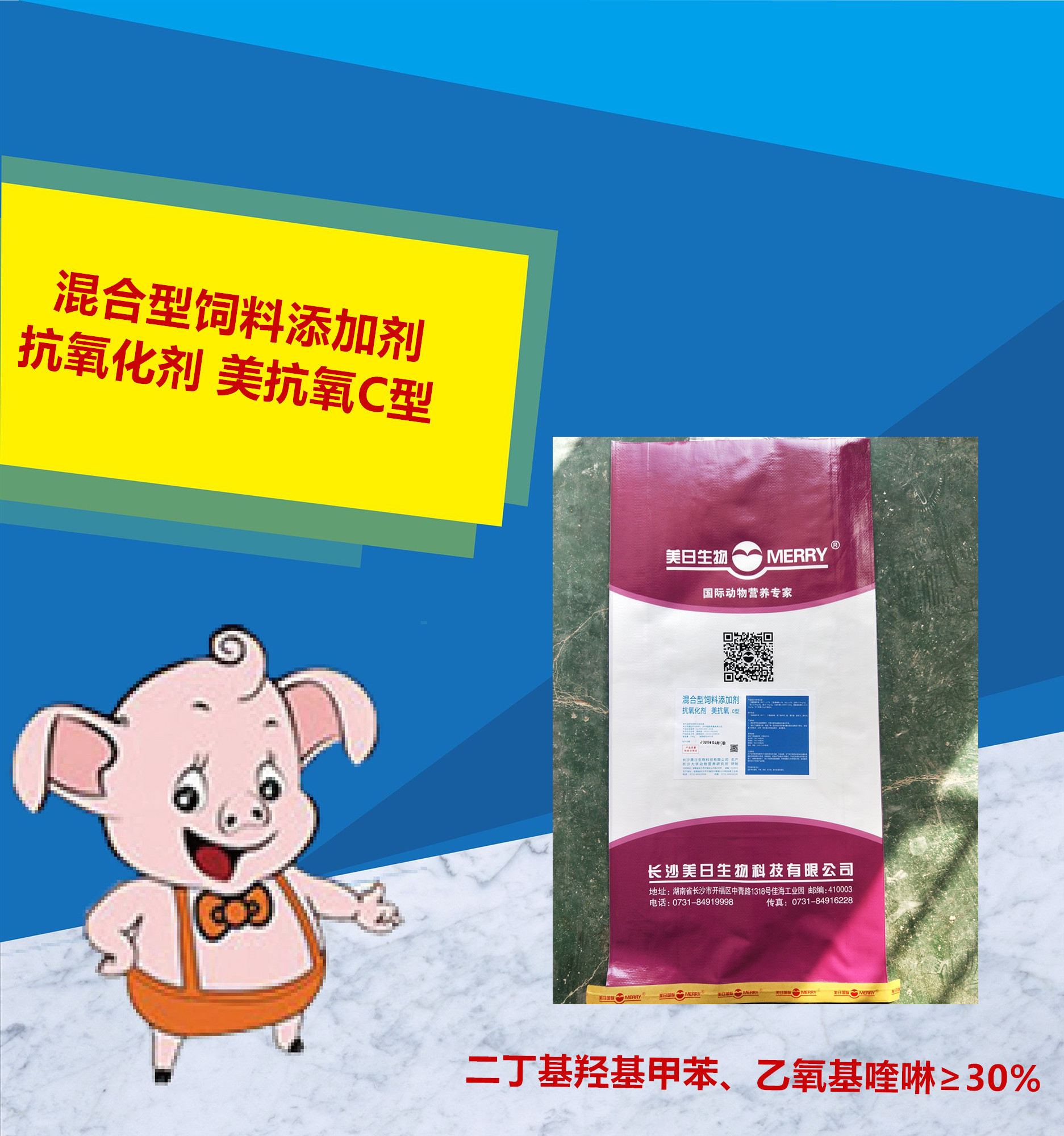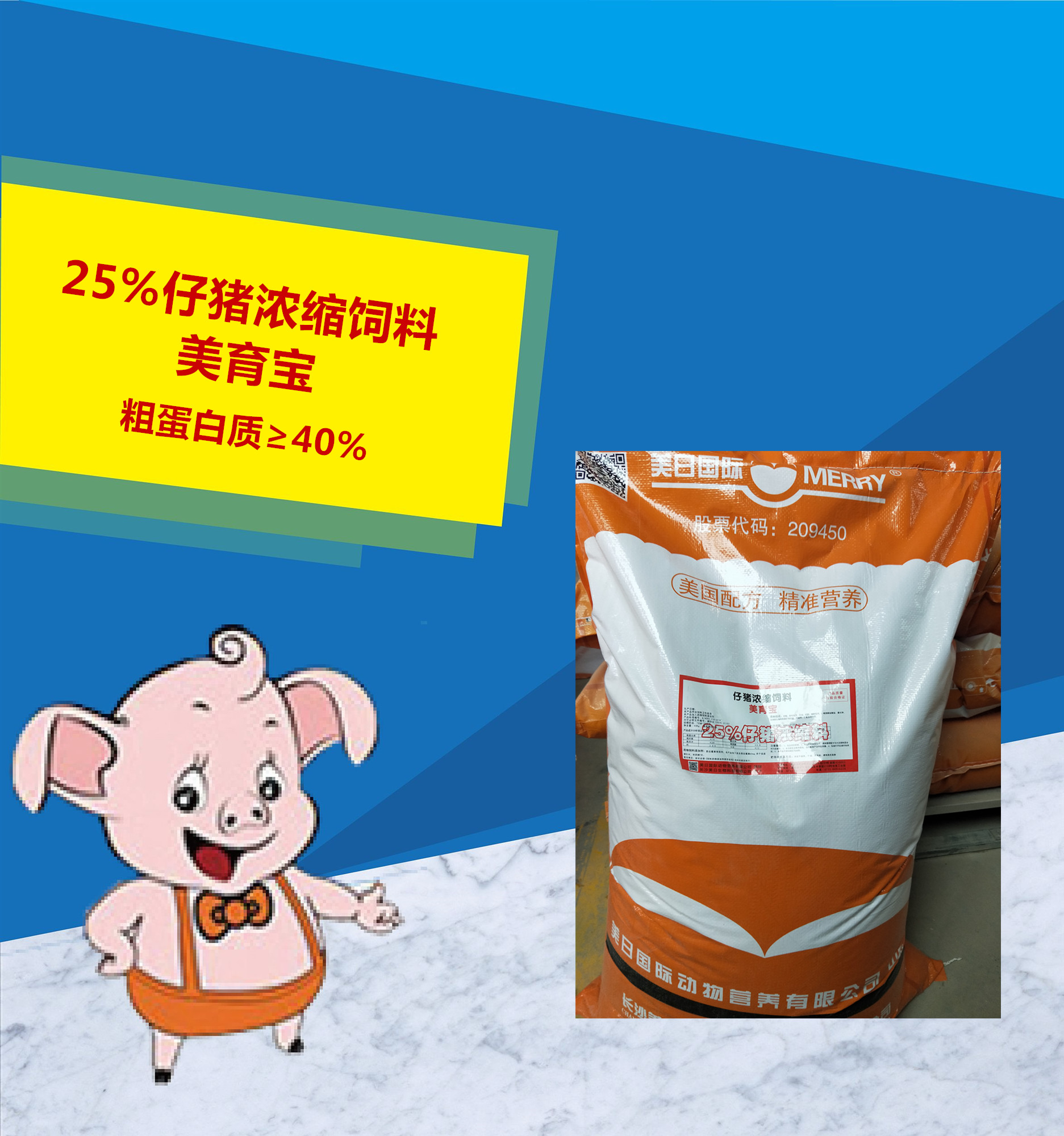欧盟即将禁用高剂量氧化锌
EU to end high-level zinc oxide use for piglets in 5 years
If they were using zinc oxide to control post-weaning diarrhoea, pig producers in the European Union will soon have to start looking for alternatives. The European Commission has voted to phase out zinc oxide as a veterinary instrument in the entire union within 5 years.
The outcome of the commission does not come as a surprise, as the advice of theCommittee for Medicinal Products for Veterinary Use (CVMP) to the commission had already been to ban the high-level use of zinc oxide.
Read also: David Burch’s latest Expert Opinion on zinc oxide
Zinc oxide’s mode of action
Zinc can be applied at low dosages (around 150 ppm) to weaners as a nutritional component. Usage in high levels as zinc oxide (around 2,500 ppm) has been shown to be an effective strategy to prevent and control e.g. post-weaning diarrhoeaproblems.
The strategy is therefore widely used in various countries, the UK, Spain and Denmark being a few of them. The European Commission zoomed in on the effects of usage of zinc oxide at the request of the Netherlands and France.
Read also: What alternatives are available for zinc oxide? John Gadd’s latest Expert Opinion
Effects of zinc oxide on the environment
The application of zinc oxide is considered a key alternative to the reduction of antibiotics usage. The European Commission, however, pointed to zinc oxide having a serious impact on the environment as much of the substance gets excreted and ends up in fields when the manure is applied on the lands. From the side of the UK, this environmental impact is heavily contested.
Zinc oxide will have to be phased out in pig production in 5 years. Photo: iStock
In some studies, the use of zinc oxide has been associated with the occurrence of methicillin-resistant Staphylococcus aureus (MRSA) as the resistant bacteria might carry zinc-resistance genes. In addition, certain antimicrobial effects are suspected, e.g. by the Netherlands Veterinary Medicines Institute (SDa). Again, these outcomes are also under debate.
Effect for the UK in the light of Brexit
Last week, the decision was made by the Standing Committee on Veterinary Medicinal Products (CVMP) of the European Commission in Brussels, to withdraw the marketing authorisation for all veterinary products containing zinc oxide within 5 years.
Find out all there is to know about pig health using Pig Progress’ unique Pig Health Tool
For the United Kingdom, it is unclear what the outcome will be in practice, seeing that the country is in the process to secede from the European Union (Brexit). The 5-year period might be longer than it takes the country to step out of the union.
欧洲将在5年内禁止使用高剂量氧化锌
欧盟委员会已经投票决定,在5年内逐步淘汰高浓度氧化锌作为兽医治疗手段。
欧盟委员会的投票结果并不令人惊讶,因为委员会兽医用药品委员会(CVMP)在早期就已经是建议禁止使用高浓度的氧化锌。
氧化锌的作用方式
锌元素是断奶仔猪的必须营养元素之一,但是这仅仅限于低浓度的情况下(约150ppm)。而高浓度氧化锌(约2500ppm)是目前预防和控制断奶仔猪腹泻较为有效的方法。目前使用高浓度氧化锌的策略已经广泛应用于不同国家,包括英国、西班牙、丹麦等。欧盟委员会应当初荷兰和法国的申请,扩大的氧化锌的使用范围。
氧化锌对环境的影响
氧化锌的应用被认为是减少抗生素使用的关键替代方案。然而欧盟委员会指出,氧化锌对环境造成的影响极为严重,动物直接吸收的锌元素极少,因而粪便中含有大量的重金属锌,在粪污处理还田的情况下会直接污染土壤。然而从英国方面的研究来看,这种环境的影响是非常有争议的。
在另外一些研究中,使用氧化锌与耐甲氧西林金黄色葡萄球菌(MRSA)的发生有关,因为耐药细菌可能携带抗锌基因。同样的,这些研究结果仍然存在一些争议。
氧化锌造成的危害
高剂量氧化锌可以促进仔猪生长,降低腹泻率,断奶仔猪料中应用普遍。但同时氧化锌自身存在许多缺陷,长时间使用不仅会对仔猪造成负面影响,也会对生态环境和食品安全造成危害。
1. 易造成肉品镉超标
氧化锌的杂质问题严重,因其来源于化工副产物,残留许多有害物,产品质量难以控制,尤其是重金属镉。镉是器官毒素,它的半衰期较长,因此,如果组织在断奶后被污染了,胴体屠宰时,畜产品中镉水平仍然会较高。
在泰国和中国,按照锌的药理剂量添加是允许的,而欧盟则禁止。泰国最近对214份猪肉肾脏进行研究,结果表明25%多的猪肉肾脏镉浓度均高于监管值。分析表明,被污染的氧化锌是日粮中镉的主要来源,尽管中国未见相关报道,但这种风险可能存在。
2、影响仔猪对其他微量元素的吸收及皮毛外观
氧化锌的药理用途会让断奶仔猪受益,但如果长时间使用,它可能会影响仔猪的健康。一方面,影响其它微量元素的吸收,导致铜、铁吸收不平衡,降低其它营养素的效价,生长性能欠佳;另一方面,断奶仔猪后期常出现皮肤苍白、被毛粗乱卷曲、贫血等现象,影响皮毛外观。
3、 造成猪粪中锌超标
当饲料中的锌浓度不超过150ppm时,土壤从粪便中获得的锌富集不超过3000微克/千克DM /年。在欧洲,断奶后头2周吨饲料添加3kg氧化锌,猪生长周期中排泄出来的锌将达到近30%。猪粪的工艺处理也突出了这个问题,因为锌集中于固体部分,然后副产品中的锌含量将会超过欧盟规定的有机肥料中锌的最高水平。
4、使耐药细菌普遍性增加
在动物日粮中过度使用锌可能有利于细菌耐药性的发展。其机制被认为是细菌使用外排泵系统调节细胞内的锌浓度。这些泵不仅特定于锌,或许可以排泄其他分子,如抗生素。使用药理学剂量的氧化锌,产生的高浓度锌往往会增加外排泵的合成,可能会减少细菌对抗生素的敏感性。



